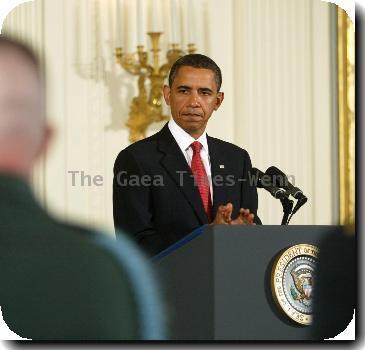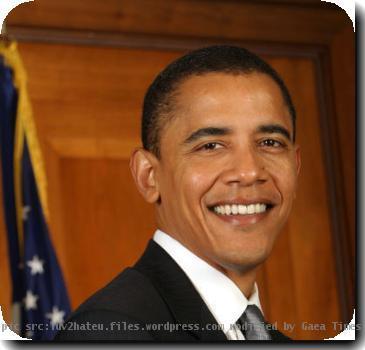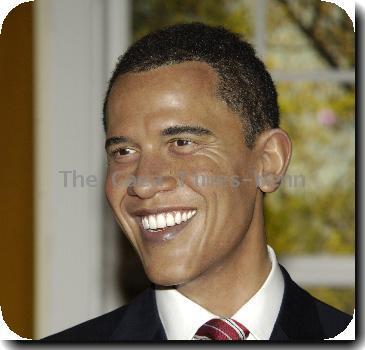New White House drug control strategy to stress treatment, prevention programs
By Sam Hananel, APMonday, May 10, 2010
New drug control strategy signals policy shift
WASHINGTON — Four decades after President Richard Nixon declared a “war on drugs,” the White House on Tuesday announced a shift in national drug policy that would treat illegal drug use more as a public health issue and plunge more resources into prevention and treatment.
The new drug control strategy boosts community-based anti-drug programs, encourages health care providers to screen for drug problems before addiction sets in and expands treatment beyond specialty centers to mainstream health care facilities.
President Barack Obama called the plan a “balanced approach to confronting the complex challenge of drug use and its consequences.”
His drug czar, Gil Kerlikowske, was more blunt.
“Calling it a war really limits your resources,” Kerlikowske told reporters. “Looking at this as both a public safety problem and a public health problem seems to make a lot more sense.”
The plan — the first drug strategy unveiled by the Obama White House — calls for reducing the rate of youth drug use by 15 percent over the next five years and for similar reductions in chronic drug use, drug abuse deaths and drugged driving.
Kerlikowske criticized past drug strategies for measuring success by counting the number of children and teens who have not tried marijuana.
“Quite often the marijuana issue was front and center in almost all of the discussion, and yet we have seen significant increase in drug overdose deaths mainly driven by prescription drugs,” Kerlikowske said.
The new drug plan encourages health care professionals to ask patients questions about drug use even during routine treatment so that early intervention is possible. It also helps more states set up electronic databases to identify doctors who are over-prescribing addictive pain killers.
“Putting treatment into the primary health care discussion is critical,” Kerlikowske said in an interview.
Health and Human Services Secretary Kathleen Sebelius pointed to research showing that kids who reach their 21st birthday without developing an addiction are less likely to develop an addiction when they’re older.
“The goal here is to prevent and treat substance abuse before it becomes life threatening,” she said.
The policy shift comes in the wake of several other drug policy reforms since Obama took office. Obama signed a measure repealing a two-decade old ban on the use of federal money for needle-exchange programs to reduce the spread of HIV. His administration also said it won’t target medical marijuana patients or caregivers as long as they comply with state laws and aren’t fronts for drug traffickers.
Earlier this year, Obama called on Congress to eliminate the disparity in sentencing that punishes crack crimes more heavily than those involving powder cocaine.
Some drug reform advocates like the direction Obama is heading, but question whether the administration’s focus on treatment and prevention programs is more rhetoric than reality at this point. They point to the national drug control budget proposal released earlier this year, for example, which continues to spend about twice as much money on enforcement as it does on programs to reduce demand.
“The improved rhetoric is not matched by any fundamental shift in the budget or the broader thrust of the drug policy,” said Ethan Nadelmann, executive director of the Drug Policy Alliance, which favors drug policy reform.
Nadelmann praised some of Obama’s changes, but said he is disappointed with the continued focus on arresting, prosecuting and incarcerating large numbers of people.
Kerlikowske rejected that as “inside the Beltway discussion,” and said there are many programs that combine interdiction and prevention.
The drug control office’s budget request does include a 13 percent increase in spending on alcohol and drug prevention programs, along with a 3.7 percent increase for addiction treatment.
Tags: Addiction Treatment, Barack Obama, Diagnosis And Treatment, District Of Columbia, Drug-related Crime, North America, United States, Washington









